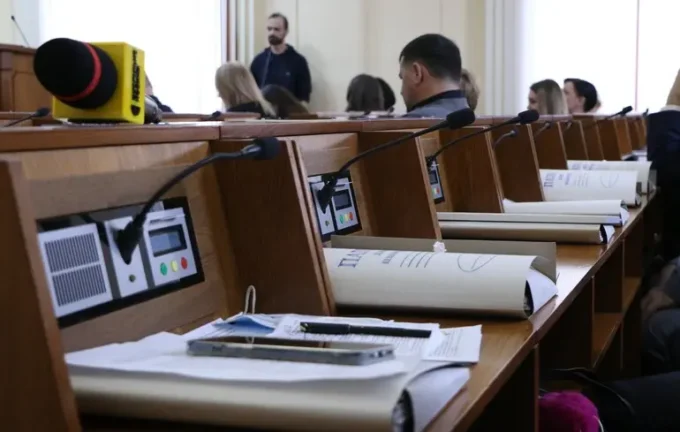Deep Dive into the Recall Mechanism: What Every Ukrainian Should Know About the Imperative Mandate in Local Self-Government

In the current Ukrainian political landscape, the mechanism of recalling local council deputies is becoming increasingly relevant, especially in cases where political parties seek to maintain control over their representatives or respond to internal and external challenges. During the ongoing legislative term, more than 12% of deputies in Ukrainian cities have had to prematurely terminate their mandates for various reasons. The primary legislative tool that enables political parties to recall their members is the so-called imperative mandate, introduced in 2020. The imperative mandate stipulates that a deputy can lose their seat or be recalled upon initiative by the party or voters who elected them. This mechanism was introduced in Ukraine with the aim of strengthening deputies' responsibility to voters and party structures. In practice, this tool allows parties to dismiss deputies for misconduct, abuse, absenteeism, or internal conflicts. In eight cities — Vinnytsia, Zaporizhzhia, Lutsk, Odesa, Poltava, Uzhhorod, Kharkiv, and Cherkasy — this norm was actively used to recall representatives. Among the most active users of this norm are political forces such as “Servant of the People,” “European Solidarity,” “For the Future,” “Freedom,” among others. Since early 2021 through May 2025, several deputies across different cities have been recalled by their parties for irregularities, conflicts, or political shifts. Decision-making regarding recalls often involved internal party processes and pressure from higher party leadership. A significant problem for ordinary citizens is that the recall process via the imperative mandate is extremely complex and costly. To initiate it, at least 300 signatures from voters are required, along with forming an initiative group, gathering support exceeding the number of votes that elected the deputy, and navigating bureaucratic procedures. As a result, this mechanism is rarely used by constituents — during this legislative cycle, no local council deputy has been recall-removed by voters themselves. While political parties actively utilize this norm for internal disciplinary reasons, ordinary citizens lack effective tools to influence their elected representatives. This contributes to deputies violating promises or demonstrating unprofessional behavior remaining in office. Meanwhile, many deputies voluntarily resign or leave due to personal circumstances such as relocations or health issues. Thus, the current recall system in Ukrainian cities has both strengths and weaknesses. On one side, political parties wield a powerful control tool over their representatives; on the other, the citizen-led recall process remains underdeveloped. Ukraine needs to develop more transparent and accessible recall mechanisms that consider residents’ interests and ensure genuine influence over political representation.

